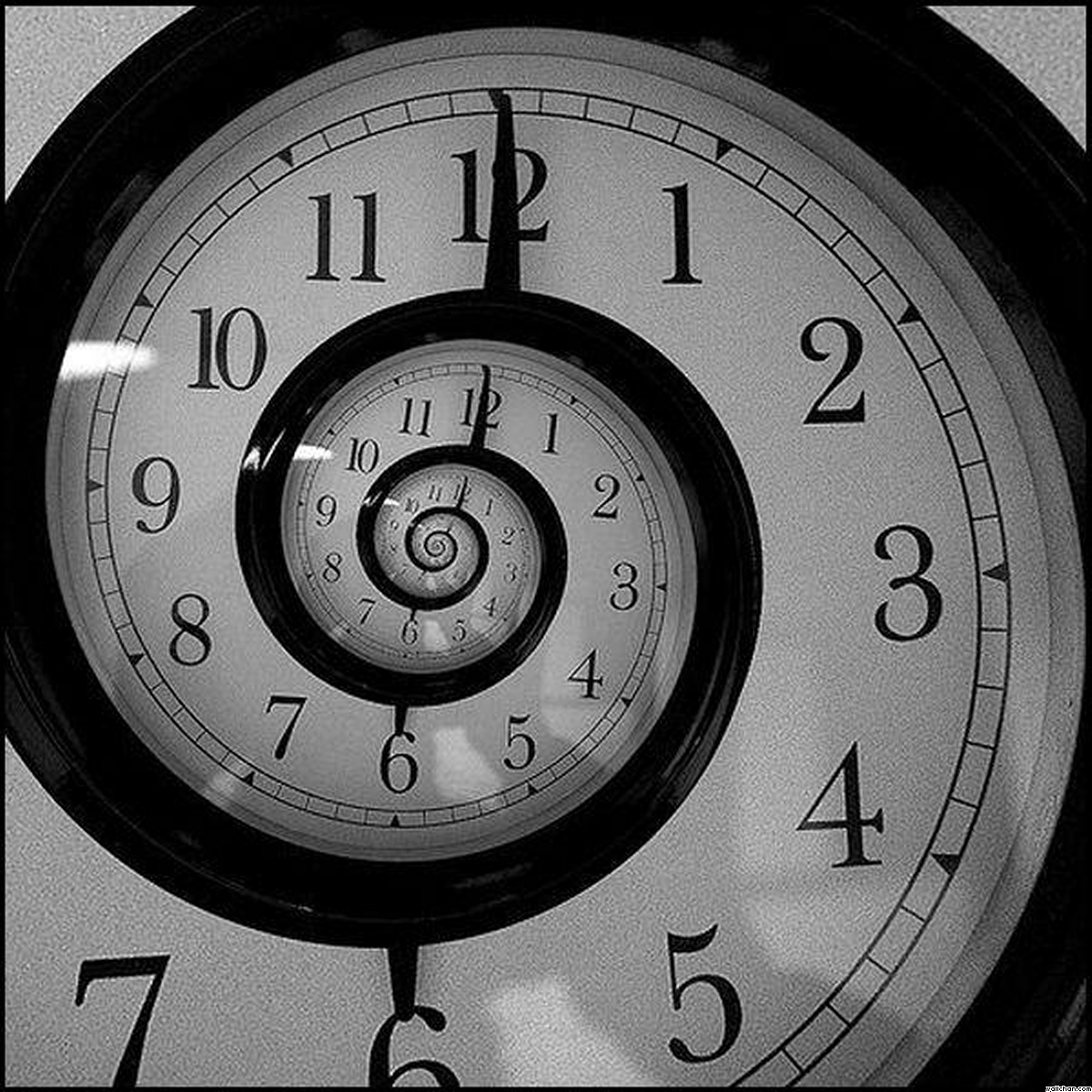Coffee Talk
If this is coffee, please bring me some tea; but if this is tea, please bring me some coffee.
–Abraham Lincoln
There are three things the world could not currently live without: electricity, Google maps, and coffee (fresh water, food, and sunlight are overrated).
And so I will now demonstrably prove through formal logic, why coffee, of those first three listed, is the most important.
<I clear my throat>
If people don’t have coffee in the morning, they will forget to pay their electricity bill and will therefore no longer be able to use Google maps.
And boom. That is foolproof reasoning.
Now many people say they like the taste of coffee, but in truth, once your brain discovers its enhanced capabilities upon ingesting the substance, it naturally alters your taste buds to enjoy the drink.
But also in truth, I just made that up.
People can like coffee without the increase in alertness, for why else would decaff be an option? But better question: why is decaff even an option?
But let’s ignore both of those rhetorical inquiries and make a quick journey into the brain to explain how coffee works (so the next time that pedantic jerk at work shows off some knowledge, you can throw some hot coffee in his face…kind of).
The longer you stay awake and the more activity you do, the more your body craves sleep. And to get its sleep, the body forces the brain to release a chemical called adenosine (pronounced: uh-DEN-uh-seen).
When this chemical adenosine is released, it looks for little receptors on the cells in your brain to attach to, and when the adenosine attaches to these receptors, you get tired and sleepy. However, when you drink coffee, the caffeine in coffee travels through your blood and into your brain and attaches to those receptors first so the adenosine cannot. And if the adenosine can’t attach to the receptors, then it can’t make you sleepy.
Did that make sense? If not, drink a cup of coffee and try reading that paragraph again. Or just pretend like you understood it and use the word adenosine the next time you’re in a conversation.
Therefore, (although most people don’t consider this) coffee is actually a drug—the most popular and abused one in the United States. Although its effects aren’t as substantial as its other drug-cousins (cocaine, methamphetamines), it is still a mind altering substance that should be sipped in moderation.
Especially if you trick your younger sister into consuming a cup of it before bed and you find her at eight the next morning still awake with the dictionary, a series of mathematical algorithms, and a solved Rubic’s cube in front of her.
Alertly,
jdt
P.S. If you can’t get your fill of this stuff (pun intended) check out this TED talk (a speech, usually under twenty minutes, that illuminates an interesting topic in an interesting manner—it stands for Technology, Entertainment, and Design)







